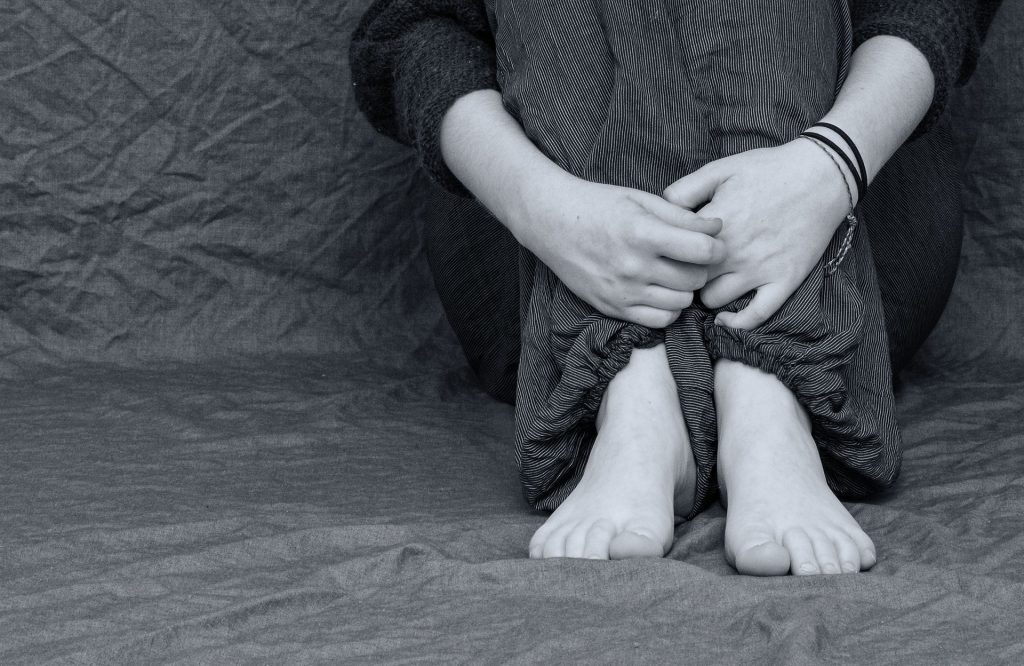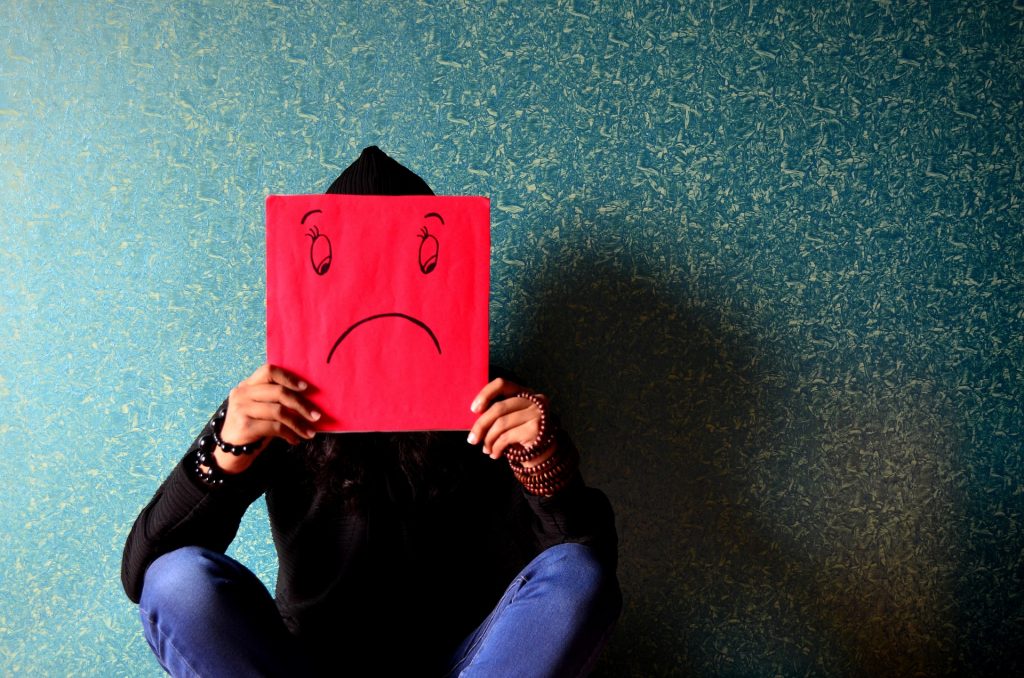How Mental Health is Affected by Transitioning Seasons
We all have a season we favor and look forward to each year. Most people, when asked, will say they have a favorite season. Usually it’s followed by all the reasons why. For those that love Spring reasons might be because the flowers begin to bloom and everything is green. For Summer lovers it’s the hot weather and what seems like endless days and nights. With Autumn comes the warm comforting smells of pumpkin spice, long sleeves and the upcoming Holiday seasons . The excitement of all the trappings of Christmas, family get-togethers and gift giving are some of the best things about the winter months. But for some, the transitioning of seasons and mental health is not always a harmonic combination.
The Reality of Suffering with SAD (Seasonal Affect Disorder)
About 5% of Americans experience SAD every year. SAD, also known as Seasonal Affect Disorder, is a form of depression that occurs with the transitioning of seasons and most often during fall and winter months. It is thought that exposure to less light during the darker months is a contributing factor to those who suffer from SAD.

Daylight Savings Time, Transitioning Seasons & Mental Health
During the Fall, our time “falls back” and our days begin an hour earlier. In theory it can sound like a wonderful thing. Mornings are cooler and darker than they were in the summer so getting that extra one hour of sleep seems great, but the effects of that change can wreak havoc on our health. Starting one hour earlier means that more awake time is spent in the dark, unable to absorb the much needed sunlight to synthesize Vitamin D. The proper function of the circadian rhythms of our bodies which include sleep, mood, digestion and appetite are greatly influenced by the amount of sunlight we are exposed to.
Holiday Season & Mental Health
Transitioning into the Holiday seasons can also have a profound effect on mental health. For some it’s met with warm family reunions and time reconnecting over activities and traditions we look forward to every year. But for those who have lost their family or have difficult family dynamics this can bring up anger, sadness and resentment over the past. The Holiday seasons are met with dread rather than excitement
Seasonal Stress & The Need to Keep Up With The Joneses
With the increase of the Hallmark movies, there is a growing need to try to keep up with the Joneses. Or in this case keep up with Hollywood. These movies paint a picture of a perfect Christmas, with a perfectly decorated tree and house. Waking up on Christmas morning to receive the perfect gifts, exactly what you asked for. Along with a perfect turkey dinner, with the perfect family. These impossible standards are unrealistic. And yet we can convince ourselves that without these seemingly perfect things, the Holidays are not enough, and we are not enough. The reality is that no one is perfect, and we get to decide how to react to our imperfect lives and set boundaries to support ourselves during the holiday season.

Transitioning Seasons, Stress & Management
“Stress is not an inevitability of seasonal changes. It’s a product of the way many of us choose to live.” Therapy is a great way to manage these potentially stressful times, to help create new ways to take control of our mental health and to respond to situations in a healthier way. Making the decision to keep a schedule and live according to it, spend time daily outside in the sunlight and exercising are helpful ways to take control of a potentially stressful time of year. Also planning ahead for special events and committing to only doing what you can do will help with setting healthy boundaries with yourself and others.
If you or someone you know has a hard time with the transition of the seasons please reach out to us at West Wellness so we can help navigate through the stressful times of the year.
References:
Joel L. Young M.D, “5 Ways the Change of Seasons Might Affect Your Mental Health”, Psychology Today, October 20, 2017. https://www.psychologytoday.com/ca/blog/when-your-adult-child-breaks-your-heart/201710/5-ways-the-change-seasons-might-affect-your
“Circadian Rhythms”,National Institute of General Medical Sciences,5/4/2022 https://nigms.nih.gov/education/fact-sheets/Pages/circadian-rhythms.aspx#:~:text=%E2%80%8B%E2%80%8BWhat%20are%20circadian,animals%2C%20plants%2C%20and%20microbes.
